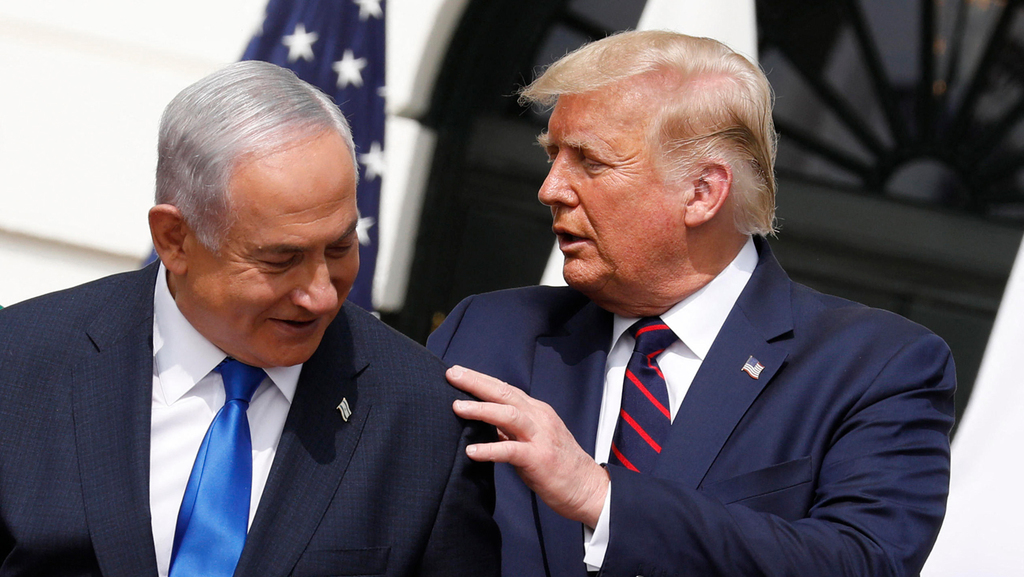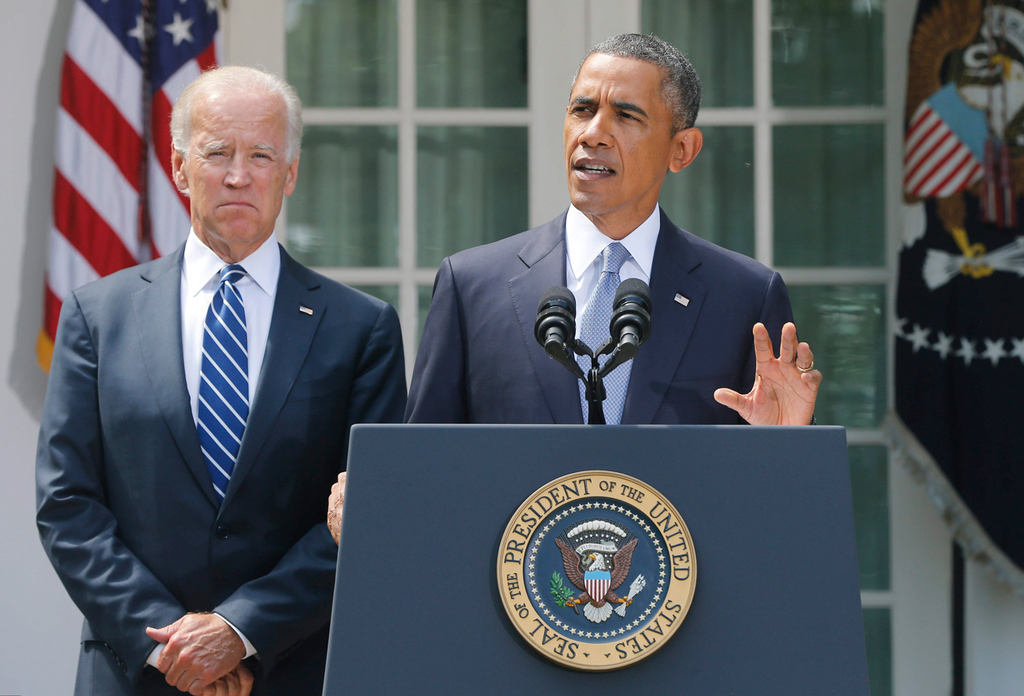Getting your Trinity Audio player ready...
U.S. President Joe Biden plans to speak with Prime Minister Benjamin Netanyahu soon, the White House said on Thursday without providing a date.
Biden's failure to include Netanyahu so far in his calls with foreign leaders has raised eyebrows in Israel and among Middle East experts. Former presidents Barack Obama and Donald Trump both spoke to him within days of taking office.
3 View gallery


Then-vice president Joe Biden and Prime Minister Benjamin Netanyahu meeting in 2016
(Photo: GPO)
"The president looks forward to speaking with Prime Minister Netanyahu. He's obviously somebody that he has a long-standing relationship with," White House press secretary Jen Psaki said at a news briefing.
Having been in lockstep with Trump for four years, Netanyahu will likely be challenged by any Biden departure from Trump's tough policy on Iran and towards the Palestinians.
Biden has pledged to restore U.S. involvement in the 2015 Iran nuclear deal - which Trump had pulled out of.
3 View gallery


Prime Minister Benjamin Netanyahu and former president Donald Trump at the White House last year
(Photo: MCT)
Trump delighted Netanyahu by quitting the 2015 nuclear deal with Iran and reimposing sanctions on it that had been lifted in return for limits on activities that could, potentially, produce nuclear weapons in the future.
"Obviously there's an important relationship that the United States has with Israel on the security front and as a key partner in the region," Psaki said.
"He'll be talking with him soon - I don't have a specific date or time for you on that call yet."
Former Military Intelligence chief and expert on U.S.-Israel ties Amos Yadlin told Ynet that Biden has been slow to call Netanyahu since taking office in no small part because of the latter's controversial 2015 speech to Congress slamming the Iranian nuclear deal.
In the speech, Netanyahu emphatically criticized the agreement that had been negotiated internationally under the leadership of Obama's administration.
3 View gallery


U.S. Vice President Joe Biden and President Barack Obama at the White House in 2013
(Photo: AP)
Biden was Obama's vice president for eight years and the two are openly very close.
But, Yadlin said, it was is to note that the Democrats' aversion to Netanyahu is not the only reason for the current lack of communication.
"When Biden entered the White House, he faced serious problems, especially at home," Yadlin said, referring to the health and economic crises triggered by the coronavirus pandemic and issues of social and racial injustice.

